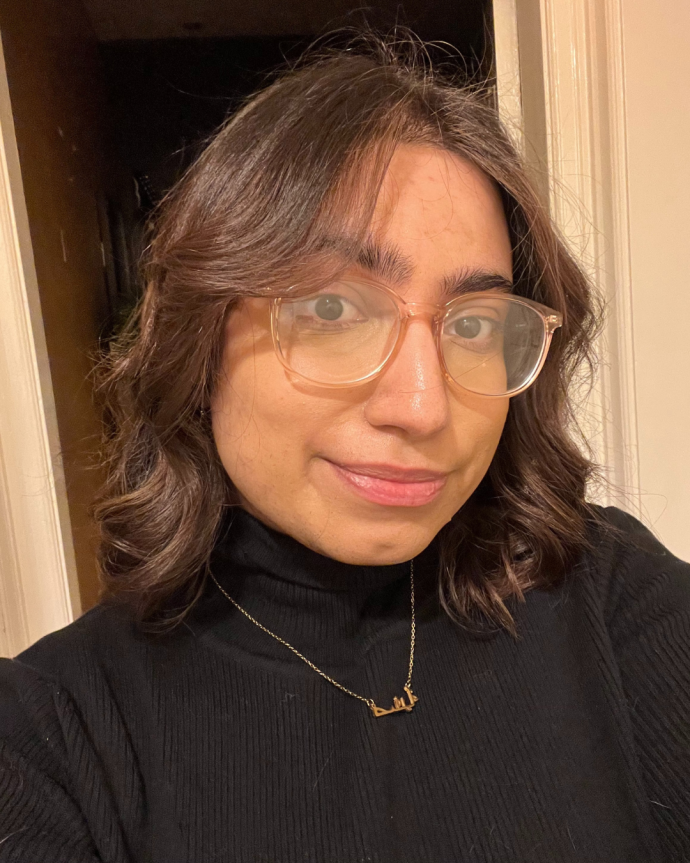This is Saffiyah's story.
I first began to notice symptoms in 2022. I immediately sought a GP appointment and an ultrasound scan, when the scan came back clear, I began to suspect endometriosis.
In March 2023, I had a severe night of pain where I was left breathless and tears. I went to the hospital for emergency care, but my concerns were dismissed.
I went through a severe depression and I told my loved ones that my pain was making me feel suicidal because I lost all of my independence, I couldn’t walk to the shops 5 minutes away by myself out of fear of falling in pain. They pitched together to help me pay for private excision surgery, which I am still paying off now. By July 2023, I had a diagnosis of endometriosis on my right fallopian tube and bladder. I will never forget the relief I felt when I heard in an anaesthesia haze that I had endometriosis.
I felt immediate relief on my bladder and that was a joy. Now I experience pain still, but I am able to do more.
I found in my personal experience as a Pakistani woman, I’ve felt I have had to over explain myself to white doctors and only felt fully believed by doctors who were women of colour, the only time this wasn’t the case was with my endometriosis specialist. Every time I go to speak to a doctor about the pain, I am afraid they won’t believe me.
I heard about Endometriosis UK through an endometriosis support group on Facebook, which were my lifeline in this whole journey. They made me feel less lonely.
I feel like some of my friendships have suffered because I can’t go out and do things like a healthy person can. But others have strengthened beyond belief, my best friends made special efforts to accommodate my illness and visit me at home to keep me company and feel less alone. They let me vent and felt my pain with me.
My partner has been amazing, he has supported me, mentally and physically in every single way from taking on cooking and most household chores, all whilst working in the NHS himself. He actively learned more about my condition and researched things for me, so I didn’t have to carry more mentally. He found activities and places that would accommodate my health. He’s supported me financially and helped me figure out how to pay for surgery in my own time. He has seen the absolute worse of me, mentally and physically. He has waited with me until 6am in the hospital all while he had to go to work the next day. He has advocated for me when I lose my words in doctors appointments.
I am lucky I have an understanding employer who cares for my health and wellbeing, and supportive team to carry my workload when I can’t carry myself.
I feel like my family relationships have suffered because I’ve been unable to travel to visit my parents often. I haven’t been able to be a good emotional support for my sister. I got bad at calling because work would drain all my energy. But they stood by me in every way. I have now been able to talk to my dad more about my period health, what endometriosis is and how it affects me. For many Pakistanis, period talk was reserved for women only and taboo, though it is no longer one in my family.
It should not be a case of ‘wait or pay’ for Saffiyah and those like her when it comes to endometriosis diagnosis and care. Reducing diagnosis times is vital to the mental and physical wellbeing of the 1 in 10 women and those assigned female at birth in the UK with endometriosis.
Read our report, ‘”Dismissed, ignored and belittled” The long road to endometriosis diagnosis in the UK’ for more information on new data on diagnosis of endometriosis in the UK and our recommendations for improving diagnosis times.
If you are struggling and need support you are not alone. The Samaritans offer 24 hour emotional support - in full confidence. If you're in distress and need someone to talk to, you can call 116 123.


